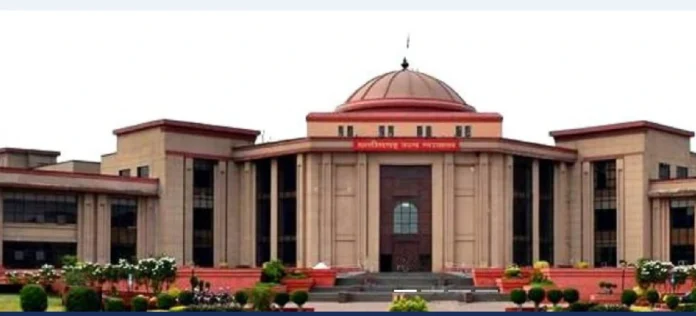By Dr Swati Jindal Garg
The High Court overturned a trial court conviction of a man who was accused of engaging in unnatural sex with his wife, which allegedly contributed to her death in 2017. The prosecution had relied on the victim’s dying declaration, which stated that her illness and eventual death were caused by the forceful sexual acts of her husband. However, Justice Narendra Kumar Vyas ruled that: “In the present case, the appellant is a ‘husband’ and the victim is a ‘wife’… therefore, the offence between husband and wife cannot be made out under Section 375 of IPC.”
The judge further held that the victim’s dying declaration lacked sufficient corroboration and could not be fully relied upon.
Legal Immunity For Marital Rape Under Scrutiny
The ruling is based on Exception 2 of Section 375 of the IPC, which exempts husbands from prosecution for raping their wives. The judge noted: “If the wife is not below 15 years of age, then any sexual intercourse or sexual act by the husband with his wife cannot be termed as rape… As such, the absence of consent of the wife for an unnatural act loses its importance.”
This judgment highlights the persisting gap in India’s legal framework, despite a 2017 Supreme Court ruling in the Independent Thought case, which criminalized marital rape involving minor wives (under 18 years).
Supreme Court Yet To Rule On Marital Rape Exception
The controversy over marital rape has remained unresolved for years, with multiple petitions challenging the exception pending before the Supreme Court. While a Delhi High Court bench delivered a split verdict in 2022—one judge calling the exception unconstitutional and the other defending it—the final decision now rests with the Supreme Court.
In October 2024, the Union Government opposed striking down the exception, arguing that: “Describing such violations as ‘rape’ within marriage may be excessively harsh and disproportionate.”
Despite this, critics argue that the legal exemption denies married women the right to bodily autonomy and perpetuates a patriarchal legal framework.
Global Contrast: India Lags Behind In Marital Rape Laws
While over 100 countries and all 50 US states criminalize marital rape, India remains among a handful of nations—including Afghanistan and Saudi Arabia—where a husband cannot be prosecuted for raping his wife.
The Bharatiya Nyaya Sanhita (BNS), 2023, which replaced the IPC on July 1, 2024, retains the same marital rape exception, further weakening legal protections for women.
The Urgent Need For Legal Reform
The Chhattisgarh High Court’s ruling has intensified calls for urgent judicial intervention. Legal experts and activists argue that the Supreme Court must deliver a decisive verdict to eliminate the marital rape exception and uphold the fundamental rights of married women.
Until then, India continues to grapple with a legal paradox—where a woman’s right to consent is recognized in most aspects of law, except within the confines of marriage.
—The author is an Advocate-on-Record practising in the Supreme Court, Delhi High Court and all district courts and tribunals in Delhi


